That strange odor in your home might be more than unpleasant—it could be dangerous.

You might dismiss odd household smells as temporary annoyances—but some are red flags you should never ignore. Whether it’s a whiff of rotten eggs, a musty corner, or a sudden burning odor, your nose could be alerting you to serious trouble. These scents often signal hidden dangers like gas leaks, electrical issues, mold infestations, or even plumbing problems.
Acting quickly can save you from costly repairs—or far worse. Your home has a way of warning you when something’s off, but only if you’re paying attention. Here are 13 smells you should never brush off—and what they might be trying to tell you.
1. A rotten egg smell could mean a dangerous gas leak.
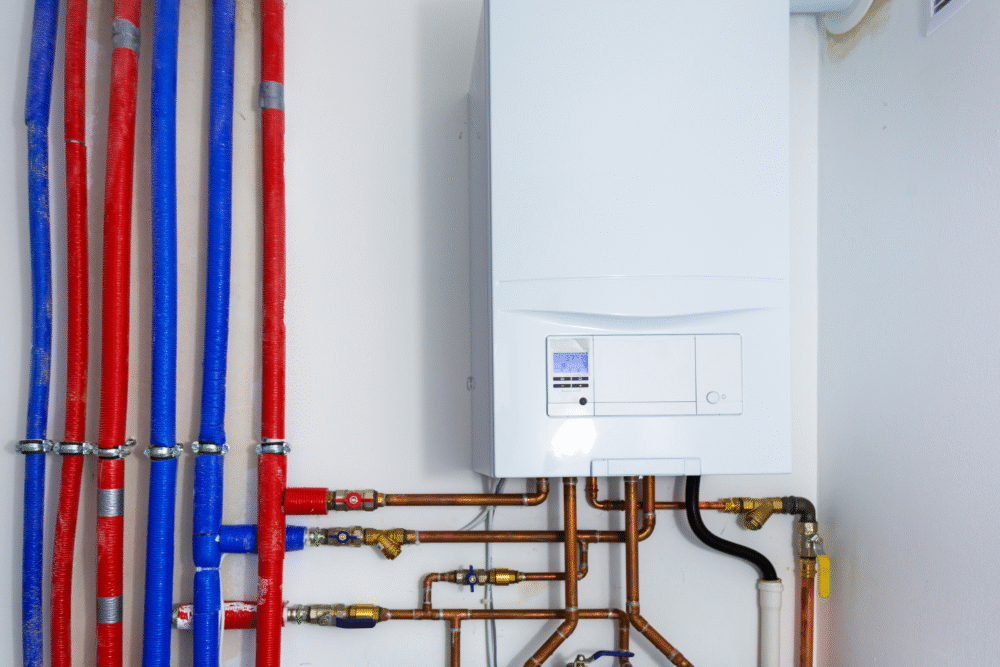
If your home suddenly reeks of rotten eggs or sulfur, it could be leaking natural gas—a serious and potentially deadly emergency. Utility companies add a chemical called mercaptan to odorless gas to help people detect leaks before disaster strikes. If you notice this smell, leave your home immediately and call your gas provider or emergency services.
Do not turn on lights, use your phone indoors, or ignite anything, as even a small spark could trigger an explosion. Never try to investigate the source yourself. Treat any rotten egg smell as a non-negotiable signal to act fast.
2. A musty or earthy odor often points to mold growth.

Musty, damp smells lingering in corners, closets, or basements usually mean mold or mildew is growing out of sight. Mold thrives in moisture-rich environments and can cause allergic reactions, respiratory problems, and worsen asthma.
It also damages walls, flooring, and furniture over time. If your home smells like a damp forest or a wet towel that’s sat too long, don’t just mask it with air fresheners—find and fix the moisture source. Check for leaks, poor ventilation, or condensation buildup. Once mold sets in, it spreads fast and becomes costly to remove. Act early to prevent a major issue.
3. A fishy or burnt plastic smell may signal electrical trouble.
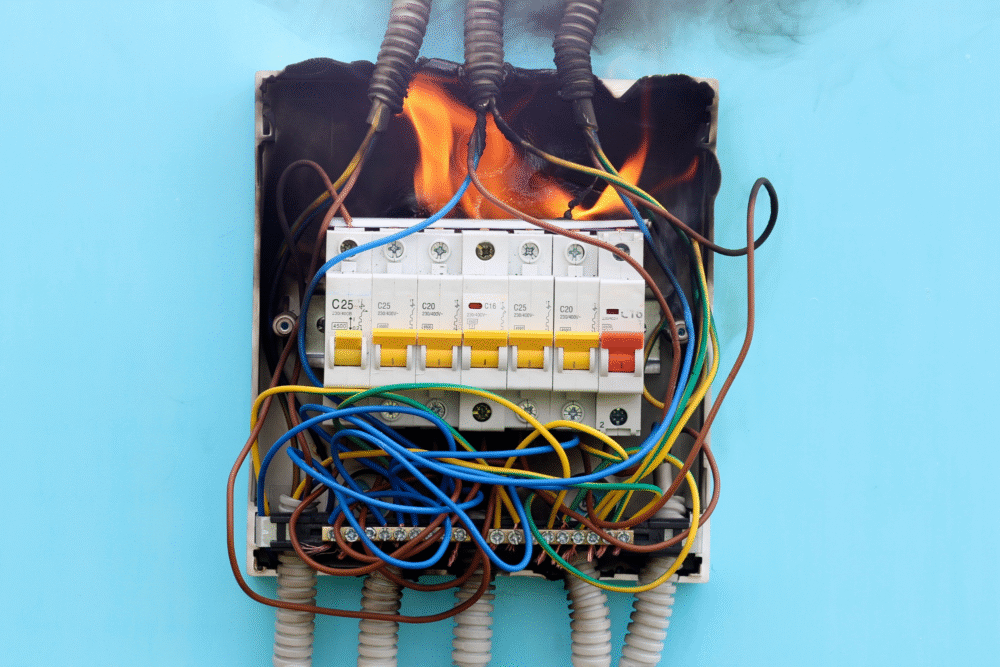
A scent like overheated electronics, burning plastic, or even something faintly fishy could indicate a serious electrical issue. This often happens when wires overheat, insulation melts, or outlets arc. These warning smells usually come before visible smoke or fire—making them your only early clue. Unplug appliances immediately and check for warm outlets or faulty cords.
If the smell lingers or you can’t identify the source, call an electrician. Electrical fires can spark without warning, and ignoring that odd scent might result in property damage—or much worse. Trust your nose and investigate sooner rather than later.
4. A sewage-like smell may be coming from a dried-out drain trap.

A foul odor like raw sewage in your bathroom or laundry room often comes from a dry P-trap—the curved pipe beneath sinks and drains. When unused, the water in the trap evaporates, allowing sewer gases to rise into your home.
Fortunately, this one’s usually an easy fix: run water down the drain for a few seconds to refill the trap. If the smell doesn’t go away, the issue might be more serious—like a cracked pipe or blocked vent. Breathing in sewer gases can cause headaches or nausea, so don’t ignore that nasty bathroom stench for long.
5. A sweet, chemical odor could mean a refrigerant leak.

If you catch a strangely sweet or chloroform-like smell near your fridge or air conditioner, it might be leaking refrigerant. This chemical is essential for cooling but can be harmful if inhaled. Leaks also reduce your appliance’s efficiency and can shorten its lifespan.
If the smell is strong or you notice hissing sounds, oily residue, or cooling problems, it’s time to call a technician. Don’t attempt DIY repairs—refrigerants are pressurized and require proper handling. Left unchecked, a leak can cause both health issues and expensive damage to your HVAC or kitchen appliances.
6. A strong ammonia smell could indicate rodent urine.

An intense, sharp ammonia-like smell—especially in hidden corners, attics, or basements—may mean you’ve got a rodent infestation. Mice and rats leave behind urine that emits a pungent odor, and where there’s one, there are usually more. You may also notice droppings, gnaw marks, or scratching noises at night.
Rodents can carry disease and cause serious damage by chewing through insulation, wires, and even structural materials. Don’t ignore the smell or hope it disappears—take action immediately with traps, cleaning, and if necessary, a pest control service. The longer you wait, the more expensive—and unhealthy—the problem becomes.
7. A burning smell without smoke could signal appliance failure.
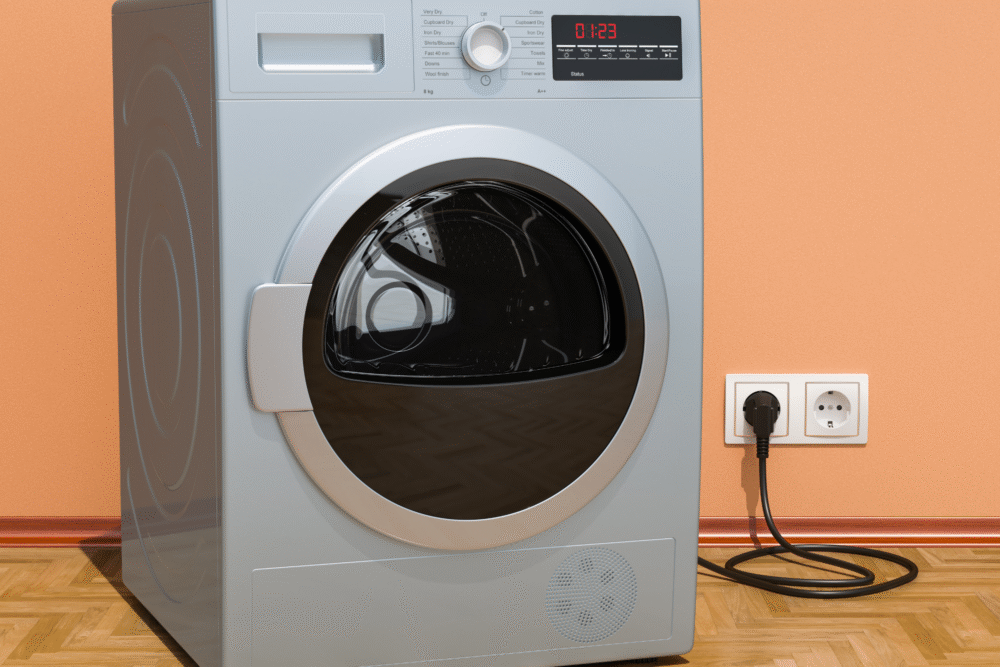
If your home smells like something is burning but you can’t see smoke, one of your appliances could be overheating. This is especially true for dishwashers, dryers, or ovens with worn-out parts or electrical faults. Turn the appliance off immediately and inspect for signs of scorching, melted parts, or burnt wiring.
Continuing to use it can be dangerous and lead to electrical fires or permanent damage. If in doubt, unplug it and contact a repair service. Never assume the smell is nothing—it’s often your only clue that a serious malfunction is brewing behind the scenes.
8. A decaying smell might be coming from a dead animal.
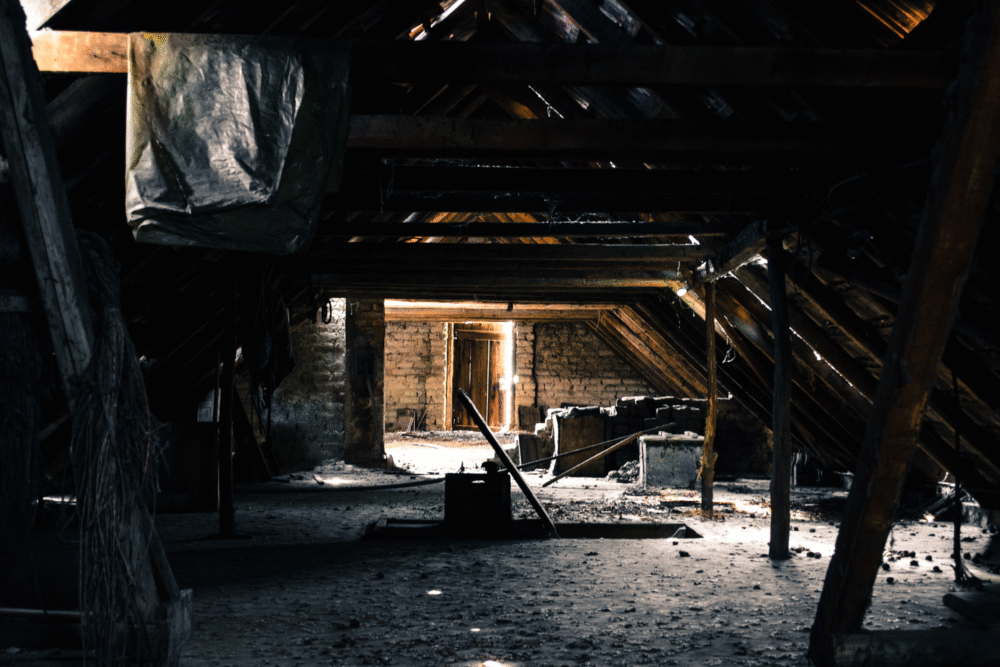
A foul, rotting smell in a wall, attic, or crawl space often means an unfortunate critter—like a mouse or bird—has died out of reach. As decomposition sets in, the odor becomes stronger and more unbearable. It may also attract insects or other pests.
Finding the exact location can be tough, but following the scent (and any fly activity) can help. If you can’t access the source yourself, call a professional for safe removal. Ignoring the smell won’t make it go away—in fact, it could linger for weeks or months if the animal isn’t removed.
9. A metallic smell could signal overheating electronics.

A sharp metallic or ozone-like odor can occur when electric components—like circuit boards, transformers, or batteries—are overheating or burning out. These scents often come before sparks or smoke, making them a crucial early warning. Check around computers, chargers, or power strips for signs of heat, buzzing, or discoloration. Stop using the device immediately and have it inspected or replaced.
The smell of burning metal or ozone is never normal in your home. Catching it early could prevent damage to your electronics—or a fire from starting in the middle of the night when no one’s watching.
10. A skunky odor inside your home could mean a natural gas leak.
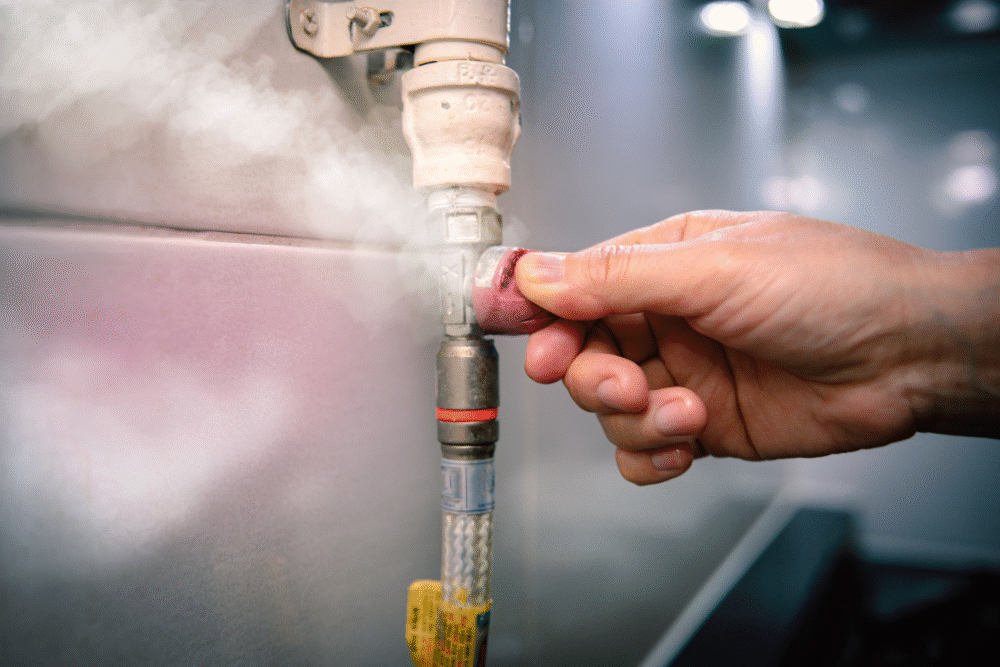
While rotten eggs are commonly associated with gas leaks, some types of gas leaks—especially propane—can smell more like skunk spray. If you catch that foul, earthy scent indoors and there’s no obvious source (like a pet accident or skunk encounter), take it seriously.
Leave the area, avoid using electronics or open flames, and contact emergency services. A gas leak can fill a space quickly and explode with even the tiniest ignition. When it comes to mysterious skunk-like odors in unexpected places, always err on the side of caution and treat it as a potential emergency.
11. A chlorine or pool-like smell might be from treated water or cleaning products.

If your bathroom or laundry area suddenly smells like a swimming pool, it could indicate overuse of bleach or chemical cleaners—or worse, a chlorine buildup in your water supply. Strong chemical odors may irritate your lungs, especially in poorly ventilated areas. In rare cases, it could signal contamination in your plumbing.
Make sure you’re using products in well-aired spaces and following dilution instructions. If the scent lingers and you’re not using bleach, contact your water provider to rule out issues with water treatment. What smells like cleanliness could actually point to overexposure or contamination.
12. A sickly-sweet odor could be a sign of a pest problem.

Some pests, including bed bugs and cockroaches, release a distinctive sweet, musty odor when present in large numbers. It’s often described as syrupy or moldy and may come from enclosed spaces like behind walls or under appliances.
If you detect an unexplained sweet smell, especially alongside droppings or shed skin, it’s worth investigating. Pest infestations grow quickly and can cause health issues, especially for those with allergies or asthma. Don’t wait for visible signs—your nose might be the first and best early warning system. Call a professional if the smell doesn’t go away or worsens.
13. A damp, stale smell could be the beginning of a hidden leak.

That faintly sour or wet cardboard smell in your kitchen, bathroom, or laundry room might mean water is pooling where it shouldn’t be. Leaks behind walls or under sinks often go unnoticed until the damage is severe. Along with the smell, you might spot discoloration, bubbling paint, or warped wood.
Don’t dismiss that stale scent—it’s often the first sign of a slow, hidden leak that could lead to mold growth or structural rot. Investigate damp-smelling areas quickly to avoid extensive water damage and expensive repairs. Trust your nose—it’s telling you that something behind the wall isn’t right.
